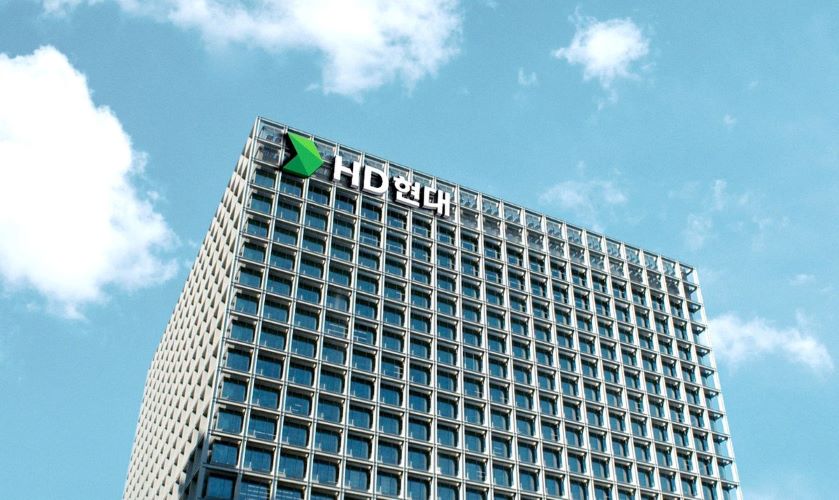HD Hyundai Advances Autonomous Ship Technology

In a significant leap towards the future of maritime navigation, HD Hyundai has achieved a major milestone in autonomous and remote navigation technology for large vessels. Recently, the company received certification from both Korean and Liberian authorities, marking a pivotal step towards the commercialization of unmanned ships. This development not only enhances the safety and efficiency of maritime operations but also positions HD Hyundai as a leader in the evolving landscape of maritime technology.
Certification and Approval Process
HD Hyundai announced that it successfully applied its advanced navigation technology to a Liberian container ship with a capacity of 8,000 twenty-foot equivalent units (TEU). This vessel has earned an Approval in Principle (AIP) from the Korean Register and the Liberian International Ship & Corporate Registry. An AIP is a crucial certification that verifies a technology’s compliance with safety and feasibility standards for practical application.
The certification process involved rigorous testing and evaluation to ensure that the technology meets the necessary criteria. HD Hyundai’s commitment to safety and innovation is evident in this achievement. The company’s spokesperson emphasized the importance of this certification, stating that it lays a crucial foundation for the commercialization of autonomous navigation technology. This approval not only validates their technological advancements but also enhances their credibility in the global maritime industry.
Successful Remote Control Demonstration
A key aspect of HD Hyundai’s recent achievement was the successful demonstration of remote control capabilities. The test involved a seamless connection between the digital control center at HD Hyundai Heavy Industries’ headquarters in Ulsan and the digital convergence center at the company’s Global Research & Development Center in Seongnam, Gyeonggi.
This demonstration was particularly noteworthy as it showcased the industry’s first technology for transferring remote control between multiple operation centers. This capability is essential for long-distance voyages, ensuring continuity in remote operations. The ability to switch control between different centers enhances the reliability and efficiency of unmanned vessels. It also addresses potential challenges that may arise during extended maritime journeys, making autonomous navigation a viable option for the future.
Future Plans for Commercialization
Looking ahead, HD Hyundai is poised to commercialize its integrated remote control service, leveraging autonomous navigation technologies developed by its subsidiary, Avikus, and HD Korea Shipbuilding & Offshore Engineering. The company aims to respond proactively to global regulations and standards, particularly those set by the International Maritime Organization (IMO).
The spokesperson for HD Hyundai expressed confidence in their ability to lead the international standardization of autonomous navigation technology. This commitment to innovation and regulatory compliance positions HD Hyundai at the forefront of the maritime industry. As the demand for autonomous vessels grows, the company is well-prepared to meet the challenges and opportunities that lie ahead. With ongoing advancements in technology and a focus on safety, HD Hyundai is set to revolutionize the way ships navigate the world’s oceans.
